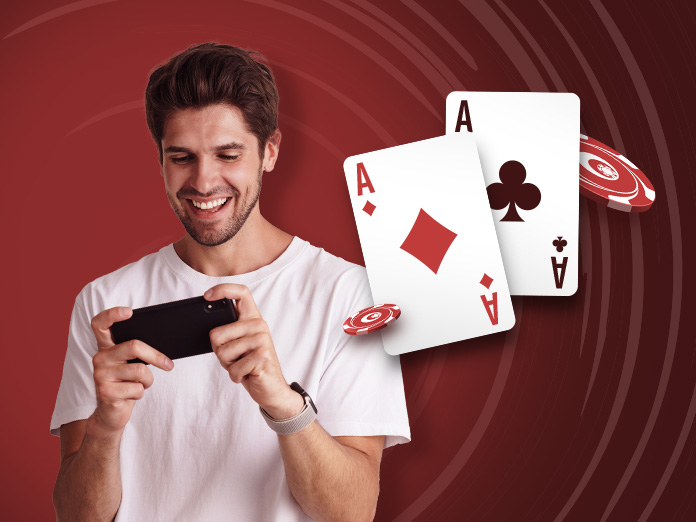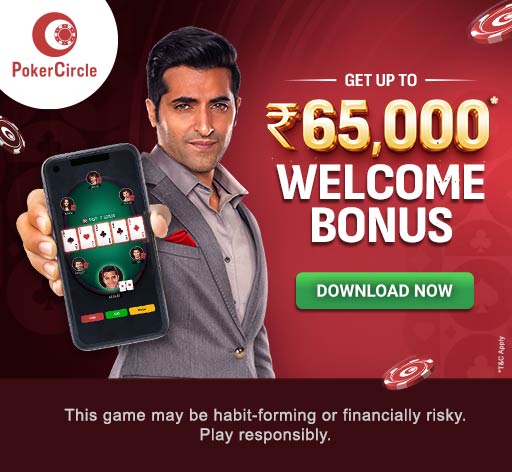Being good at cards isn’t enough; you have to be psychologically tough enough to be good at playing poker. To continue improving and win more in poker, you need emotional maturity. It implies the capacity to identify and control emotions such as anger gotten from setbacks or over-confidence upon winning. The developmental stages of emotions are crucial as they can allow room for appropriate decision-making within the game. To understand these, let’s look at the four main stages of a poker player.
The Novice (Emotional Instability)
Emotions are generally strong at the start. New players become very excited when they win and really upset when they face a setback, which makes them play aggressively. Variance seems like it’s happening to you, and tilt—losing control after a terrible hand—can ruin a session. At this point, there is a lot of ambiguity, and lousy beats make people angry instead of making them think.
- Tip: After each session, write down things that make you feel bad, such as a certain sort of setback. Take a deep breath during games to give yourself a moment to think before you act. Start with 30-minute sessions to prevent mistakes caused by tiredness.
The Developing Player (Becoming Aware)
As you learn more, you become more conscious of yourself. You start to see trends, such as tilting against lesser players or chasing setbacks. Your sentiments still affect your choices, but you begin to separate them from your plans. This level evaluates your ability to remain calm when you have to make quick judgments in online poker games, where fast hands might make you more stressed.
- Tip: Mindfulness activities, like a short body scan before wagering, might help you figure out what makes you feel bad. To keep your emotions in check, make guidelines like “walk away after two bad beats.”
The Intermediate (Building Discipline)
This is when emotional stability starts to show. Experienced players know that unpredictability is a part of the game and don’t take setbacks personally. You learn to think “que sera” (whatever will be, will be), which lowers your tilt by helping you grasp odds and expected value. This level is all about self-control, such as not letting your ego get in the way of playing against tough opponents.
- Tip: Use anchoring strategies to remember things while you’re under a lot of stress. To practice focused attention, just pay attention to the important information and ignore other things.
The Expert (Finding Peace)
When you master something, your emotions help the game instead of getting in the way. Players don’t become too emotional; they keep calm under pressure and use their emotions, such as how they feel after setbacks, to push themselves to go better. Decisions are based on gut feelings, and being able to understand how your opponent is feeling makes it easier to read them.
- Tip: Watch how your opponents act in low-stakes games to improve your empathy. To stay motivated, keep a balance between poker and other hobbies.
Conclusion
As you go through these phases, poker goes from being an emotional rollercoaster to something you like doing. If you are disciplined and conscious of yourself, you will keep your stack and have more fun with the game on PokerCircle. Emotional maturity is what will help you succeed in the long run.

